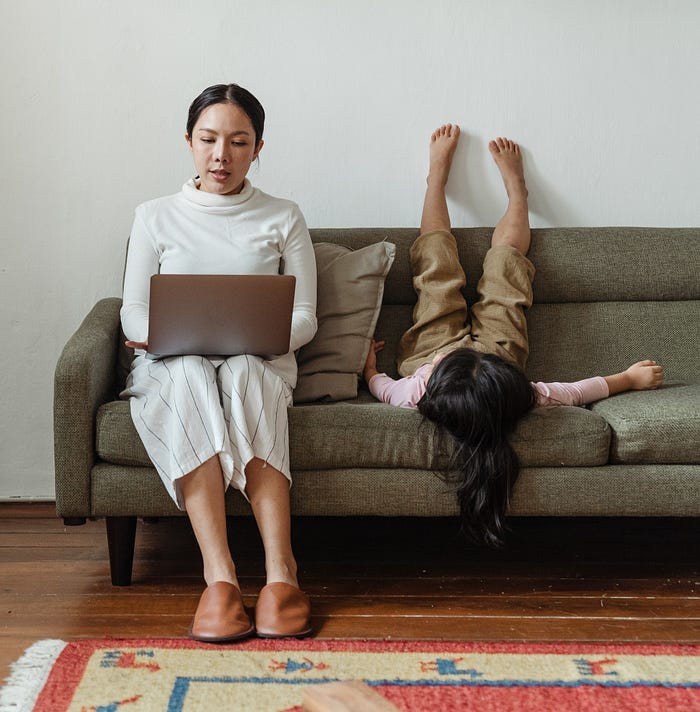Parenting tips for ADHD:
what you can do to manage your child’s behavior. Part 1.

Everybody knows that children with ADHD need a special approach. Children with ADHD generally have so many difficulties in their daily life — we have written about it in our earlier posts. But parents must and can help their children overcome daily challenges.
Here we present our long list of parenting tips for ADHD.
- Don’t take close to heart all the bad news about ADHD.

The first and the most important tip for parents that bamp into ADHD for the first time is don’t take all the bad news about ADHD close to heart.
There are so many facts about ADHD, and most of them are depressing: inheritance, comorbidity, no adequate medical treatment… Internet is full of stories about how hard to bring up a child with ADHD. There are a lot of myths about ADHD.
At first, you need to get doctors’ consultations. You need to analyze your situation. And then you may do some conclusions and decide what information is useful for you particularly.
Remember: don’t forget that your mood has a great influence on your child. So don’t overload yourself with unnecessary information.
2. You need to decide which behaviors are acceptable and which are not.

A lot of things in children's lives depend on their parents. This is not only about the house, food, clothes, toys. It’s about love, intimacy, mood… Apparently that parents must first decide which behaviors they will and won’t tolerate. This decision is more important if your child has ADHD. Of course, parents must stick to these guidelines. Punishing a behavior one day and allowing it the next isn’t suitable — children don’t understand it. At the same time, some behaviors should always be unacceptable: physical outbursts, unwillingness to turn off the television when told to do so and etc.
Remember: rules should be simple, clear, children should be rewarded for following them.
3. Never punish your child for bad behavior that he is unable to control.

Distractibility is a common symptom of ADHD. As we know children with ADHD don’t comply because they are defiant, but because they become distracted from the task. And such distractibility may be unable to control.
So, you mustn’t repeatedly punish your child for behavior he can’t control. Doing that you set him up to fail. Eventually, their desire to please you evaporates. He thinks, “Why to bother?” — and it is a very big problem in the parent-child relationship.
If you want to help your child and to raise him successfully, you need to remind him what you want him to do, NOT SHOUT! It is the best approach in such situations, 100%.
You can punish your child when you are SURE, that he is being defiant.
4. Stop blaming teachers, neighbors, classmates for your child’s difficulties.

Have you ever said smth like “If only the teacher were better at behavior approach, my child wouldn’t have so much trouble at school?”
You mustn’t say it, because your child will think that he won’t take personal responsibility for his actions. Of course, other people can contribute to your child’s problems. Teachers can get angry, classmates can tease, neighbors can laugh with a child with ADHD. But you have to teach the child to take responsibility for his actions, to try to make progress in his studying and relations. It is very important when children realize that everything is in their hands.
5. Define the rules, at the same time allow some flexibility.

You know that it’s important to permanently encourage good behaviors and discourage destructive ones, but you shouldn’t be too strict with your child.
Children with ADHD may not adapt to change as well as others. You have to allow your child to make mistakes as they learn. Different behaviors that aren’t detrimental to your child or anyone else should be accepted as part of your child’s individual personality.
PIGPUG HEALTH helps kids with ADHD to get ongoing neurofeedback therapy and education. It gives kids the necessary support on a daily basis and helps to limit comorbidities in ADHD.
PIGPUG is a 4 in 1 solution which consists of:
· Telemedicine online platform for neurofeedback tutors supervising;
· Artificial intelligence technologies for diagnosing neurodevelopmental behavioral disorders;
· Easy-to-use EEG headset for measuring brain wave activity;
· Neurofeedback games for brain training.
Our therapy shows the first successful results after 5–6 sessions. We see the progress in brain wave activity while parents see positive changes in kid’s behavior at home and school. Join us to learn more and feel free to write to us at hello@pigpug.co.
Anastasiya Kuzniatsova M.D., Child Neurologist
